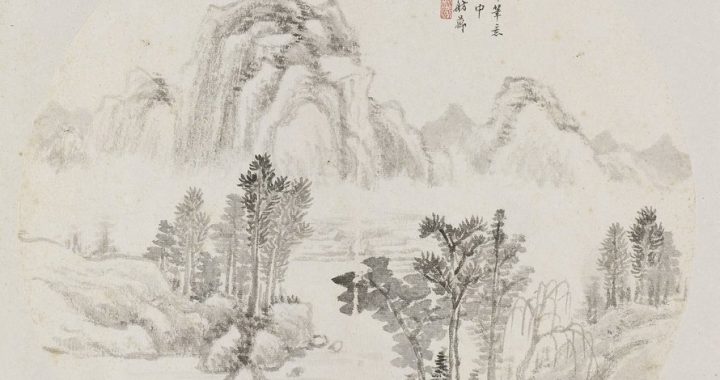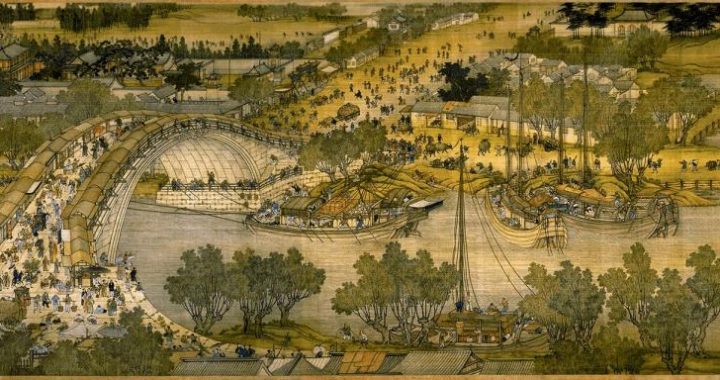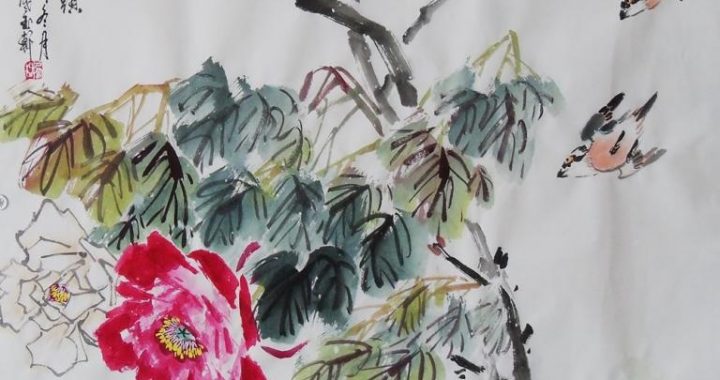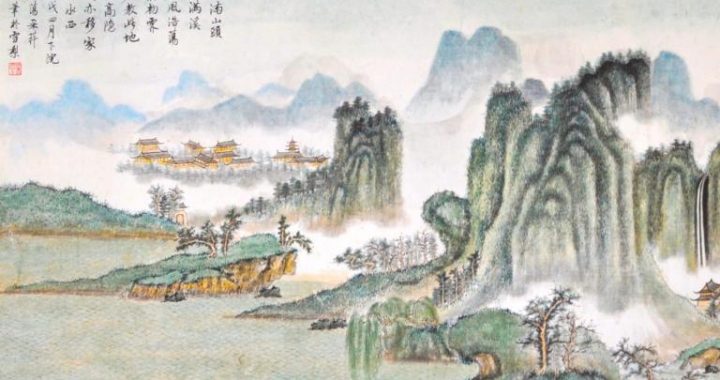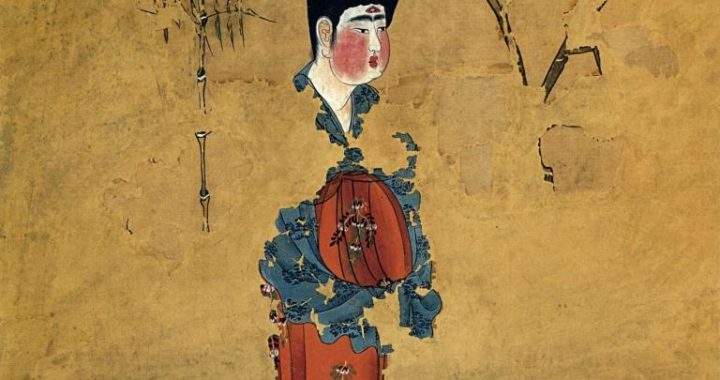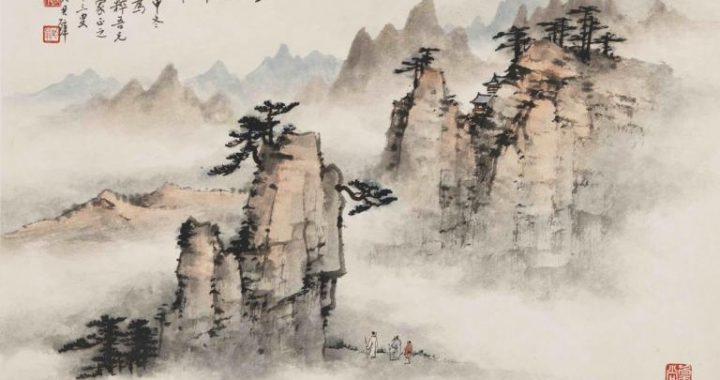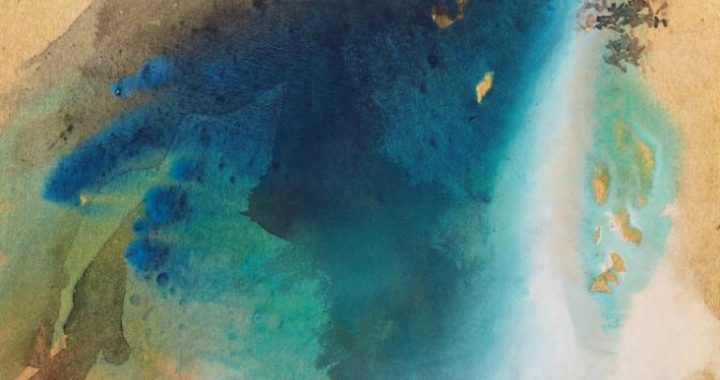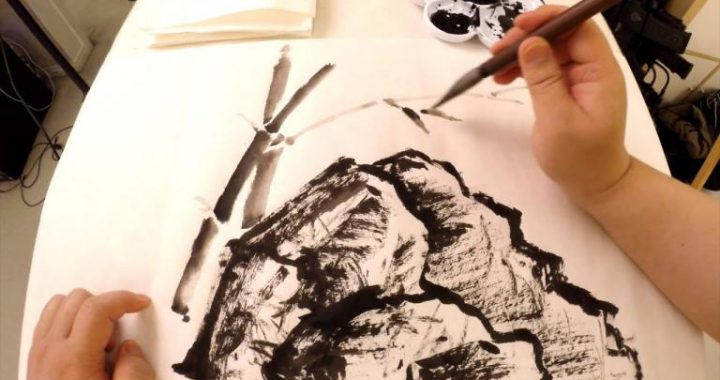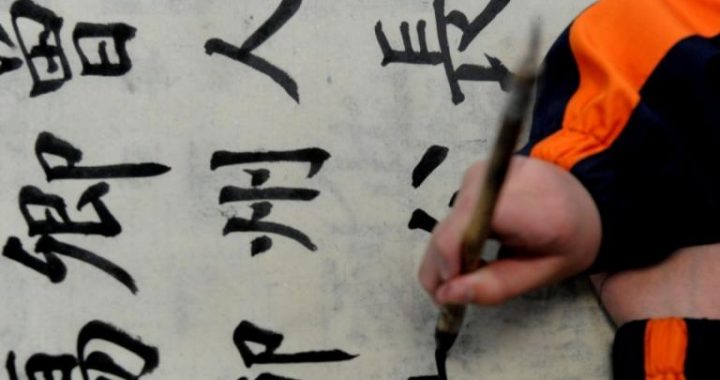Novel
3 min readChina’s poetry and sanwen essay traditions were created by members of the literati, or educated classes. The Chinese novel, on the other hand, drew its material from the lives of the common people. It was among the common people that the Chinese novel was born, developed, and matured, fairly late in Chinese history. As the novel was adapted and refined by succeeding generations of authors, it gradually became one of China’s most important literary forms.

The stories of the Tang Dynasty (618-907 AD), referred to as chuanqi, or romances, often took their material from ancient legends. Although these romances dealt with simple characters and events, they featured numerous plot twists and were highly imaginative.A number of them served as source material for later novels. During the Song-Yuan period(960-1368AD), China’s cities prospered and the lives of city dwellers became richer and more variedthan in previous times. Storytelling performances in city markets became very popular. Folk storytellers excelled at long, complex narratives that they would perform a chapter at a time, generally taking several days to complete the entire story. When these narratives were written down, they became the basis for the full-length novel form.
During the Ming Dynasty(1368-1644 AD), romances started to be produced by members of the literati. Further refined by these authors, the Chinese novel broke new ground during the Ming-Qing period(1368-1911 AD). Subject matter became more diverse, drawn from historical accounts as well as from real life and ancient legends. Among the representative novels of the period are Sanguo Yanyi(Romance of the Three Kingdoms), Shuihu Zhuan(Water Margin or Outlaws of the Marsh), Xiyou Ji (Journey to the West), and Honglou Meng (Dream of the Red Chamber), collectively known as”the Four Masterpieces”of classical Chinese literature. Sanguo Yanyi(Romance of the Three Kingdoms) describes the political upheaval and military struggles of the Three Kingdoms period(220-280 AD). Shuihu Zhuan(Water Margin or Outlaws of the Marsh) tells the story of a twelfth-century peasant uprising, while Xiyou Ji(Journey to the West)recounts the legendary journey of the eminent Tang Dynasty monk Xuan Zang(c.600-664AD) to India to bring the Buddhist scriptures back to China.
Honglou Meng(Dream of the Red Chamber), by Cao Xueqin(1715-1763 AD), is primarily a love story about its protagonist, Jia Baoyu, written in the context of the rise and fall of four families.

This work interweaves the fate of the individual, the fate of the family, and social issues into a powerful tragedy. It includes close to one hundred characters, among them royalty, nobility, commoners, and monks. The author’s superb literary technique and penetrating observations on life appear in brilliant character depictions and incisive psychological analysis. With its vivid descriptions of serene and elegant gardens, lavish banquets, and exquisite clothes and jewelry, as well as extensive poetic interludes, this encyclopedic novel offers a panoramic view of society and life during this period. Even today, numerous scholars and groups are devoted to studying the politics, literature, religion, economics, and cultural mores depicted in this novel.
This academic field is known as”Red Chamber Studies,”and its prominent practitioners as “Red Chamber Scholars.”
Following the progressive May 4th New Culture Movement of 1919, Chinese authors started to use modern, rather than classical, language in their writing. This use of the vernacular, knownas baihua, marked the start of a dialogue between the modern Chinese novel and world literature, giving rise to a number of different genres. The distinctive styles of authors such as Mao Dun(1896-1981AD), Lu Xun(1881-1936AD), Lao She(1899-1966 AD), Ba Jin(1904-2005AD), and Shen Congwen(1902-1988 AD) represent the integration of the traditional Chinese novel and world literary trends. Today, in any bookstore in Beijing, traditional Chinese novels can be found side by side with modern novels in the genres of stream of consciousness, exis-tentialism, and magical realism.
In 1981, the Chinese government established the “Mao Dun Award for Literature,”sponsored by the China Writers Association and with Ba Jin heading the selection committee. Recogniz-ing and honoring outstanding novelists and full-length novels, this award is one of China’s highest literary honors.

